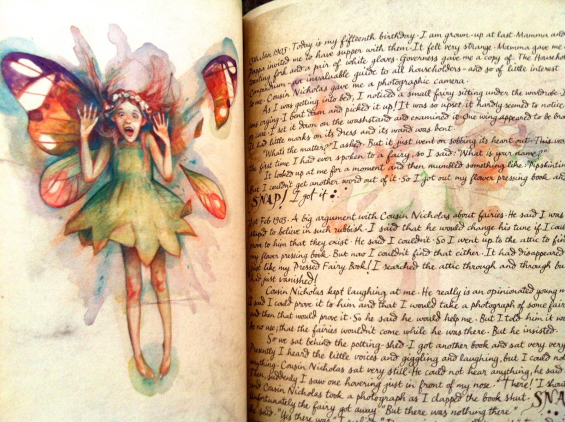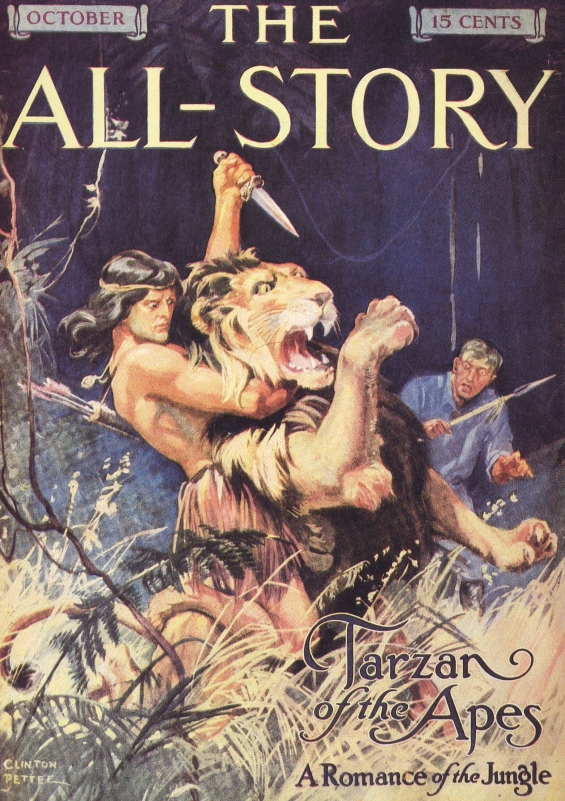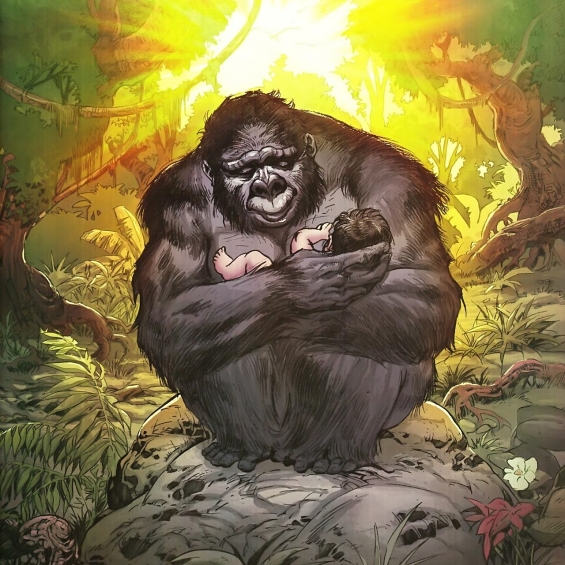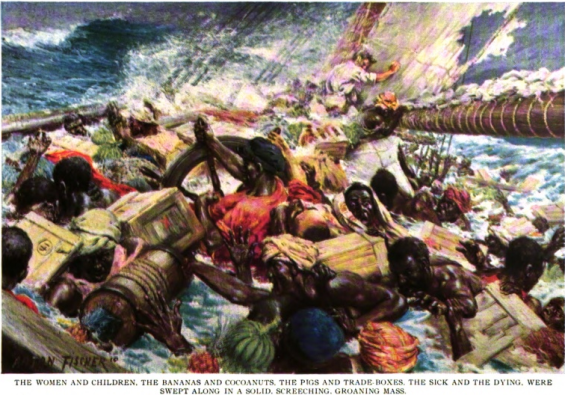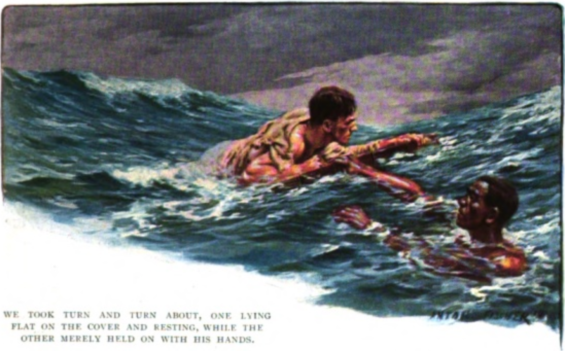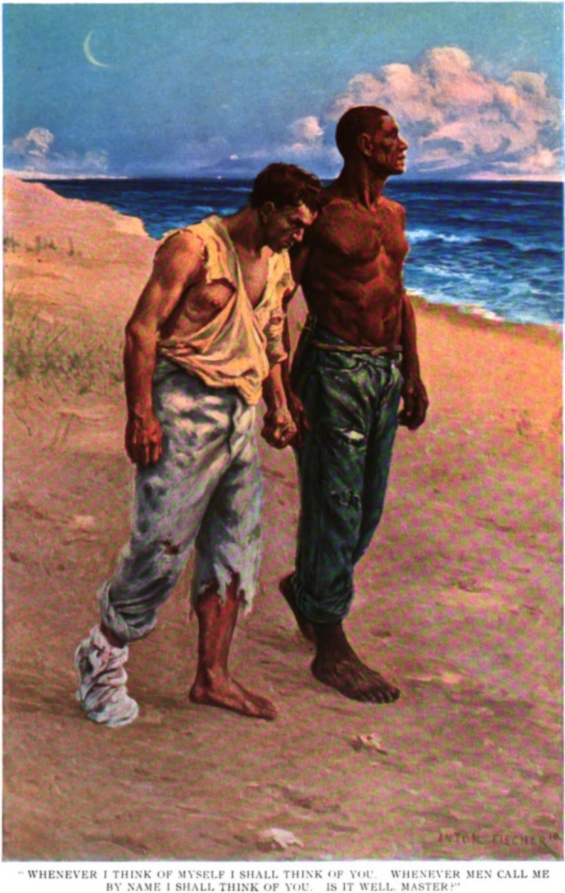
 The SFFaudio Podcast #208 – Jesse, Jenny, and Eric S. Rabkin talk about Like Water For Chocolate by Laura Esquivel
The SFFaudio Podcast #208 – Jesse, Jenny, and Eric S. Rabkin talk about Like Water For Chocolate by Laura Esquivel
Talked about on today’s show:
Magic realism, liking this book more, upset with a lot of things, “where’s the fantasy?”, Eric uses this book in his classes, Laura Esquivel, Gabriel Garcia Marquez, Eric’s Castillian accent, magic realism is just realism, One Hundred Years Of Solitude, locus classicus, a ten pound bag of amniotic fluid salt, Spark Notes, Tita would make some food, externalize her emotions, making matches, soap opera style plot, “this is a girl book”, “the most girly book ever”, birthing, cooking, Chapter 5, the chickens are pecking each other’s eyes out, the chicken tornado, three sisters, “know any other trinities”, Tia means aunt, Jessela, Josephita, “Little Joseph”, Mamma Elena wants to be God, Garza means heron, “malice in her heart”, birds, falcons, capons, an absence of storks, “Alex, the conqueror of the world”, what are we to make of the death of Roberto?, nurse and nourish, lactating non-moms, “such a girly book”, Isabel Allende, women have magic (in the kitchen, bedroom, family), the massive Wikipedia entry on Magic Realism, John Brown, Eric’s 4 cents about magic realism, true Fairy Tales, nobody is surprised by talking animals in fairy tales, Science Fiction, King Kong, Frankenstein, “science fiction provides metaphors whereas magic realism provides conceits”, food becomes the metaphor for the presentation of the self, Erving Goffman, the movie, the insane asylum, Chencha, ghosts, the kilometer long blanket, you may not believe it but you have to accept it, Jenny’s superpower, Ray Bradbury, grand niece, aroma and flavour, impossible flavours, John Brown has the power of his Kickapoo indian grandmother, romance novel, Rosaura, golden rose, the Virgin Mary, Pedro = Peter (the rock upon whom she will build her church), what it means to be selfless, loyal, and reliable, John Brown (the abolitionist), why is mama Elena such a twisted up bitch, Gertrudis (spear of strength), a story of racial prejudice, Harlequin Romance, Tristan And Isolde, love potions, “to the table or to be but you must come when you are bid”, “one time only is one called”, Gertrudis is burning with fire and covered in pink sweat, “in a very sexy manner”, rape?, Pedro’s a stick figure of a person, the ox-tail soup, “that was the way she entered his body”, a feminist book, the sergeant who can’t read, the mother needs to go away, “Surprise, I hate you.”, a haunted kitchen, the tradition of the youngest daughter, a love that bore strong fruit, not just a girly book, racism, black people dance well?, the Mexican Revolution, the revolution is happening within the people, “a brilliant insight”, the individual and the public, the Chinaman, “a well cooked dish”, the etiquette book, the three coloured enchiladas, Zapata, Pershing, Pancho Villa, the Mexican Tourist Board, the food is good, Easter Sunday, the resurrection of Jesus, Tita and Pedro’s final occurrence is apotheosis, Jesus gets the revive?, a tunnel of light, onions as a metaphor, the translation, visits to Mexico, Diego Rivera, civic nationality, “as if”, puns, conveying the general tone of craftsmanship, the two audiobooks, the metaphorical title, “hot and bothered”, alchemical food chemistry magic, recipe, science with its reproduceable results, eight different ways to perfectly hard-boil an eggs,

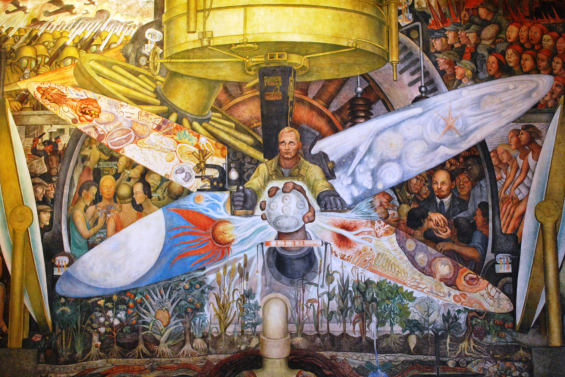
Posted by Jesse Willis

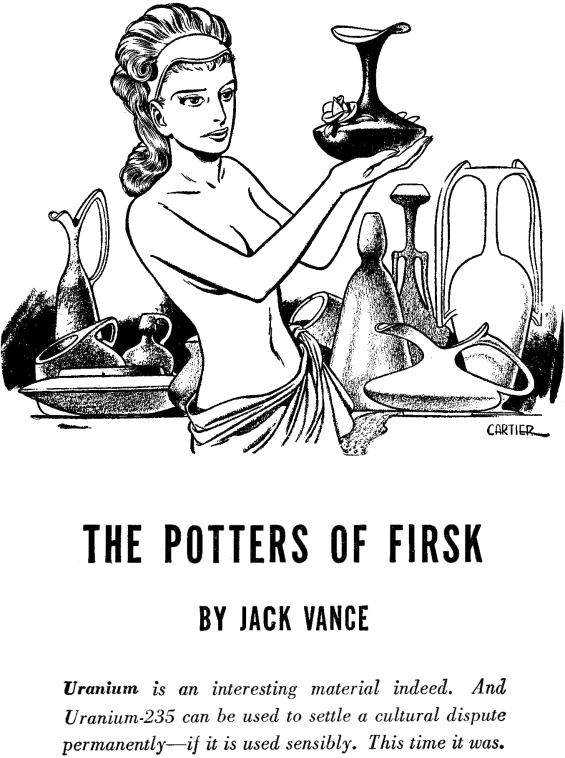
 Dimension X – The Potters Of Firsk
Dimension X – The Potters Of Firsk 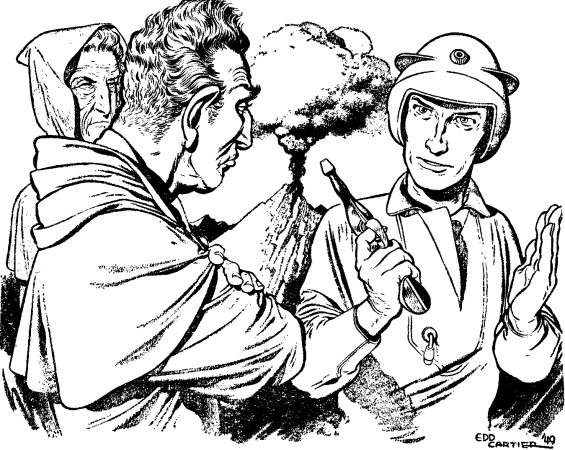
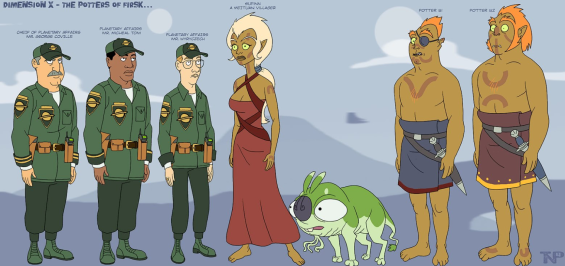
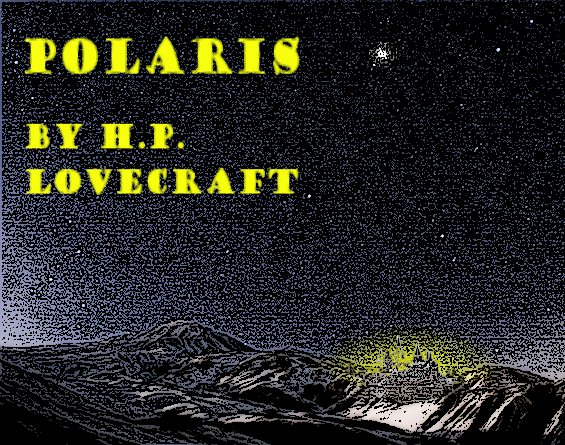
 Polaris
Polaris
 The SFFaudio Podcast #189 – Jesse, Tamahome, Jenny, and
The SFFaudio Podcast #189 – Jesse, Tamahome, Jenny, and 